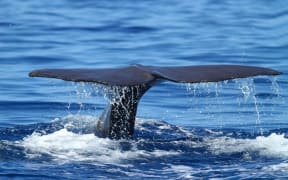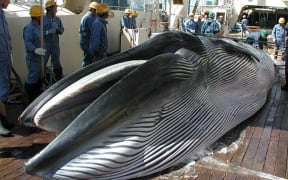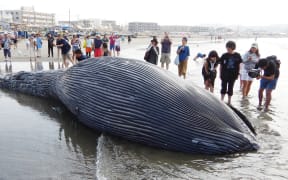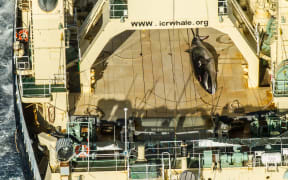The Japanese Government has confirmed it will restart commercial whaling in July, exiting the International Whaling Commission (IWC).
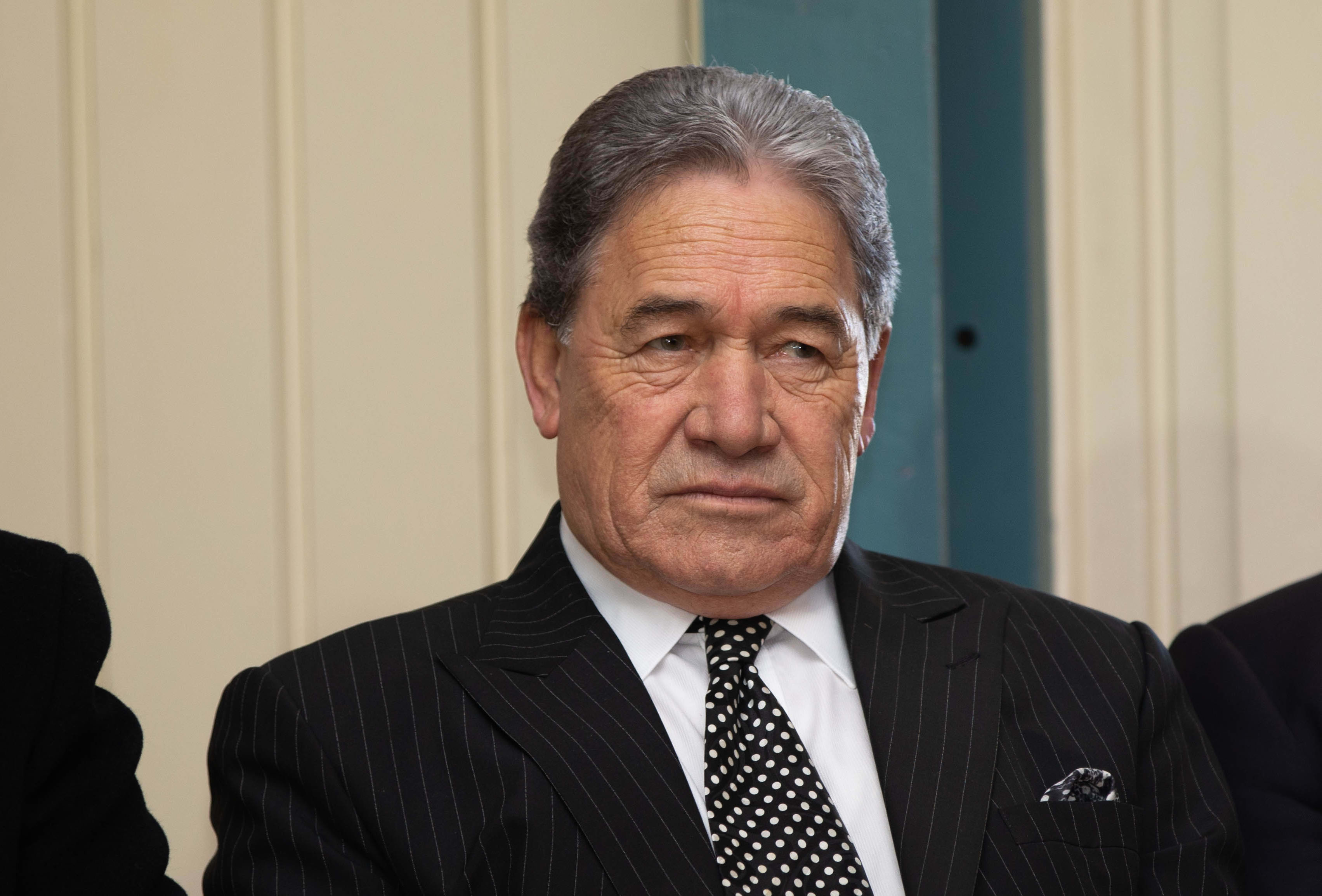
Foreign Affairs Minister Winston Peters. Photo: RNZ / Dan Cook
Japan's commercial whaling will be limited to its own territorial waters and its exclusive economic zone, said Chief Cabinet Secretary Yoshihide Suga, who made the announcement at a news conference after a cabinet decision on Tuesday.
"From July 2019, after the withdrawal comes into effect on June 30, Japan will conduct commercial whaling within Japan's territorial sea and its exclusive economic zone, and will cease the take of whales in the Antarctic Ocean/the Southern Hemisphere," Mr Suga said in a statement.
"The whaling will be conducted in accordance with international law and within the catch limits calculated in accordance with the method adopted by the IWC to avoid negative impact on cetacean resources," he said.
Foreign Affairs Minister Winston Peters said while ceasing whaling in the Southern Ocean was welcomed, it was sad to hear about the confirmation of their withdrawal.
"We are disappointed [Japan] is leaving the Commission with an intention to resume commercial whaling within Japan's own exclusive economic zone," Mr Peters said in a statement.
"Japan is a valued supporter of the international rules-based system and we had hoped Japan would choose to stay in the Commission.
"Whaling is an outdated and unnecessary practice. We continue to hope Japan eventually reconsiders its position and will cease all whaling in order to advance the protection of the ocean's ecosystems."
Japan's decision followed the IWC's latest rejection of its bid to resume commercial whaling at a September meeting, which Mr Suga said showed it was impossible to bridge the gap between whaling advocates and anti-whaling members.
The decision - an unusual step for Japan, which stresses multilateralism in its diplomacy - sparked swift criticism.
"The declaration today is out of step with the international community, let alone the protection needed to safeguard the future of our oceans and these majestic creatures," international conservationist group Greenpeace said.
"As the chair of the G20 (Group of 20) in 2019, the Japanese government needs to recommit to the IWC and prioritize new measures for marine conservation."
RESOLUTE OPPOSITION
Australia urged Japan to return to the IWC "as a matter of priority", its environment minister, Melissa Price, said in a statement.
"The Australian Government is extremely disappointed," Ms Price said. "Australia remains resolutely opposed to all forms of commercial and so-called 'scientific' whaling."
Japan has long defied such protests to conduct what it calls scientific research whaling, having repeatedly said its ultimate goal was to whale commercially again.
In 2014, the International Court of Justice ruled that Japan should halt its Antarctic whaling.
Japan suspended its hunt for one season to re-tool its whaling program with measures such as cutting the number of whales and species targeted, but resumed hunting in the 2015-2016 season, capping its Antarctic catch with a quota of 333 whales annually.
Japan has long maintained that most whale species are not endangered and that eating whale is part of its culture.
It began scientific whaling in 1987, a year after an international whaling moratorium began.
Much of the meat ends up on store shelves, even though most Japanese no longer eat it. Whale consumption accounted for 0.1 percent of all Japanese meat consumption, according to the Asahi newspaper.
Influential lawmakers in Prime Minister Shinzo Abe's Liberal Democratic Party whose constituencies include whaling communities have long lobbied for a resumption of commercial whaling. Abe's own electoral district includes Shimonoseki, a whaling port in western Japan.
- RNZ / Reuters
